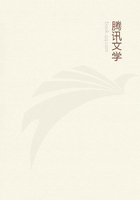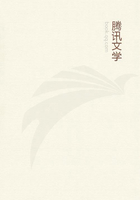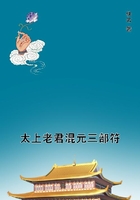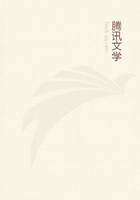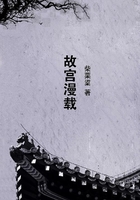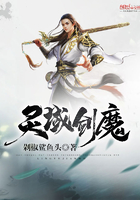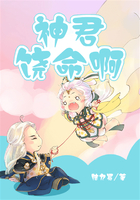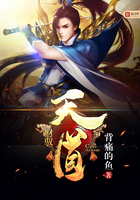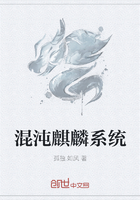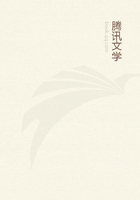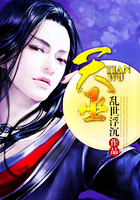Alchemy, he held, "is to make neither gold nor silver: its use is to make the supreme sciences and to direct them against disease." He recognized three basic substances, sulphur, mercury and salt, which were the necessary ingredients of all bodies organic or inorganic. They were the basis of the three principles out of which the Archaeus, the spirit of nature, formed all bodies. He made important discoveries in chemistry; zinc, the various compounds of mercury, calomel, flowers of sulphur, among others, and he was a strong advocate of the use of preparations of iron and antimony. In practical pharmacy he has perhaps had a greater reputation for the introduction of a tincture of opium--labdanum or laudanum--with which he effected miraculous cures, and the use of which he had probably learned in the East.
Through Paracelsus a great stimulus was given to the study of chemistry and pharmacy, and he is the first of the modern iatro-chemists. In contradistinction to Galenic medicines, which were largely derived from the vegetable kingdom, from this time on we find in the literature references to spagyric medicines and a "spagyrist" was a Paracelsian who regarded chemistry as the basis of all medical knowledge.
One cannot speak very warmly of the practical medical writings of Paracelsus. Gout, which may be taken as the disease upon which he had the greatest reputation, is very badly described, and yet he has one or two fruitful ideas singularly mixed with mediaeval astrology; but he has here and there very happy insights, as where he remarks "nec praeter synoviam locqum alium ullum podagra occupat."[13] In the tract on phlebotomy I see nothing modern, and here again he is everywhere dominated by astrological ideas--"Sapiens dominatur astris."
[13 Geneva ed., 1658, Vol. I, p. 613.
As a protagonist of occult philosophy, Paracelsus has had a more enduring reputation than as a physician. In estimating his position there is the great difficulty referred to by Sudhoff in determining which of the extant treatises are genuine. In the two volumes issued in English by Waite in 1894, there is much that is difficult to read and to appreciate from our modern standpoint.
In the book "Concerning Long Life" he confesses that his method and practice will not be intelligible to common persons and that he writes only for those whose intelligence is above the average.
To those fond of transcendental studies they appeal and are perhaps intelligible. Everywhere one comes across shrewd remarks which prove that Paracelsus had a keen belief in the all-controlling powers of nature and of man's capacity to make those powers operate for his own good: "the wise man rules Nature, not Nature the wise man." "The difference between the Saint and the Magus is that the one operates by means of God, and the other by means of Nature." He had great faith in nature and the light of nature, holding that man obtains from nature according as he believes. His theory of the three principles appears to have controlled his conception of everything relating to man, spiritually, mentally and bodily; and his threefold genera of disease corresponded in some mysterious way with the three primary substances, salt, sulphur and mercury.
How far he was a believer in astrology, charms and divination it is not easy to say. From many of the writings in his collected works one would gather, as I have already quoted, that he was a strong believer. On the other hand, in the "Paramirum," he says:
"Stars control nothing in us, suggest nothing, incline to nothing, own nothing; they are free from us and we are free from them" (Stoddart, p. 185). The Archaeus, not the stars, controls man's destiny. "Good fortune comes from ability, and ability comes from the spirit" (Archaeus).
No one has held more firmly the dualistic conception of the healing art. There are two kinds of doctors; those who heal miraculously and those who heal through medicine. Only he who believes can work miracles. The physician has to accomplish that which God would have done miraculously, had there been faith enough in the sick man (Stoddart, p. 194). He had the Hippocratic conception of the "vis medicatrix naturae"-- no one keener since the days of the Greeks. Man is his own doctor and finds proper healing herbs in his own garden: the physician is in ourselves, in our own nature are all things that we need: and speaking of wounds, with singular prescience he says that the treatment should be defensive so that no contingency from without could hinder Nature in her work (Stoddart, p. 213).
Paracelsus expresses the healing powers of nature by the word "mumia," which he regarded as a sort of magnetic influence or force, and he believed that anyone possessing this could arrest or heal disease in others. As the lily breaks forth in invisible perfume, so healing influences may pass from an invisible body.
Upon these views of Paracelsus was based the theory of the sympathetic cure of disease which had an extraordinary vogue in the late sixteenth and seventeenth centuries, and which is not without its modern counterpart.
In the next century, in Van Helmont we meet with the Archaeus everywhere presiding, controlling and regulating the animate and inanimate bodies, working this time through agents, local ferments. The Rosicrucians had their direct inspiration from his writings, and such mystics as the English Rosicrucian Fludd were strong Paracelsians.[14]
[14] Robert Fludd, the Mystical Physician, British Medical Journal, London, 1897, ii, 408.

